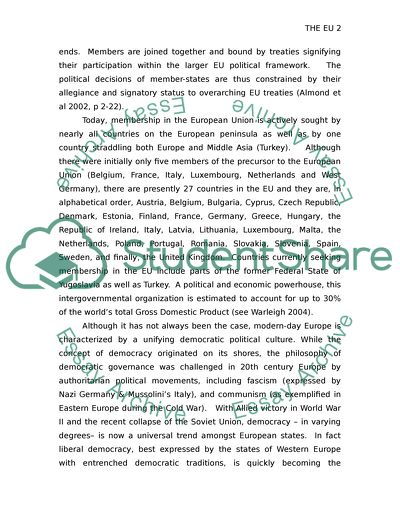Cite this document
(“Bulgaria and the European Union Essay Example | Topics and Well Written Essays - 2250 words”, n.d.)
Bulgaria and the European Union Essay Example | Topics and Well Written Essays - 2250 words. Retrieved from https://studentshare.org/politics/1500397-bulgaria-and-the-european-union
Bulgaria and the European Union Essay Example | Topics and Well Written Essays - 2250 words. Retrieved from https://studentshare.org/politics/1500397-bulgaria-and-the-european-union
(Bulgaria and the European Union Essay Example | Topics and Well Written Essays - 2250 Words)
Bulgaria and the European Union Essay Example | Topics and Well Written Essays - 2250 Words. https://studentshare.org/politics/1500397-bulgaria-and-the-european-union.
Bulgaria and the European Union Essay Example | Topics and Well Written Essays - 2250 Words. https://studentshare.org/politics/1500397-bulgaria-and-the-european-union.
“Bulgaria and the European Union Essay Example | Topics and Well Written Essays - 2250 Words”, n.d. https://studentshare.org/politics/1500397-bulgaria-and-the-european-union.


